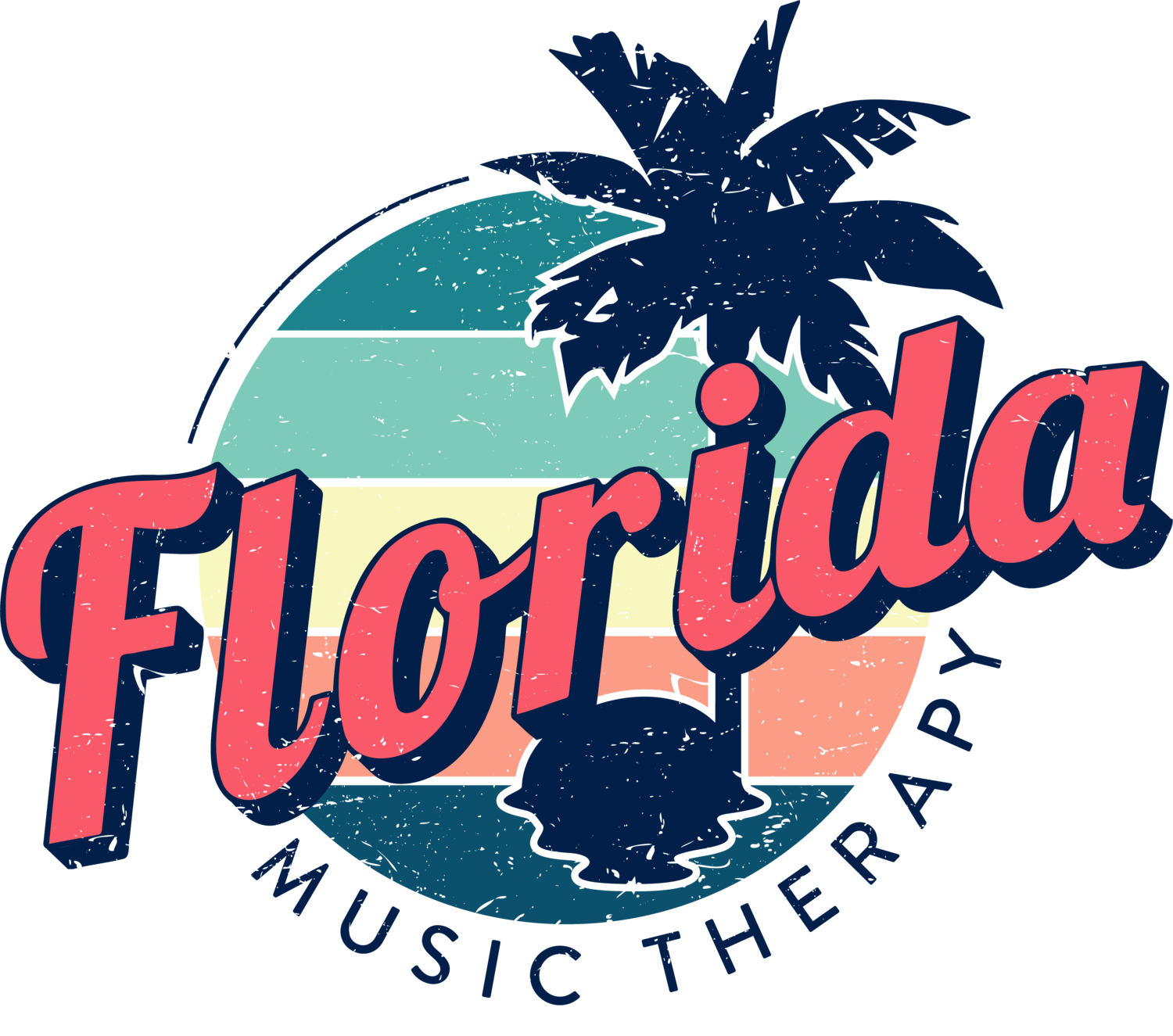Music Therapy in partnership with Complementary Cancer Care
At Florida Music Therapy, we offer free sessions within the cancer community for all ages! This event will be held in Brevard County on every 2nd and 4th Tuesday of every month (1:30 pm to 2:30 pm). Additionally, Music Therapy in cancer care can improve mood, decrease anxiety, improve physical prowess and fine motor skills, support self-expression, enhance communication, and process trauma.
Want to explore more? Come join us!
The big question of HOW?
Music Therapy can offer significant benefits to cancer care by addressing both physical and psychological symptoms. It involves various activities, including listening to music, singing, playing instruments, or songwriting, all of which are guided by a board certified music therapist.
Music therapy can also provide a safe place for people to explore fear, anxiety, anger, and the range of emotional responses to living with cancer.
The best part about Music Therapy is:
You don't need to be musically talented to do music therapy!
It can help you relax and improve your emotional and physical well-being!
What does Music Therapy affect?
Reduced anxiety and depression
Pain management
Stress reduction
Improved mood and emotional well-being:
Enhanced coping mechanisms
Cognitive benefits
Improved quality of life
Music Therapy addressed both psychological and physical challenges of cancer. It can offer comfort, enhance emotional resilience, and improve treatment outcomes, underscoring its importance in holistic cancer care. Research has shown that music therapy can help reduce anxiety, pain, and emotional distress that cancer patients commonly experience. By addressing various symptoms and promoting well-being, music therapy can ultimately contribute to an improved quality of life for cancer patients.
Bradt, Joke, et al. “Music Interventions for Improving Psychological and Physical Outcomes in Cancer Patients.” The Cochrane Database of Systematic Reviews, vol. 8, no. 8, 2016, p. CD006911, www.ncbi.nlm.nih.gov/pubmed/27524661, https://doi.org/10.1002/14651858.CD006911.pub3.

